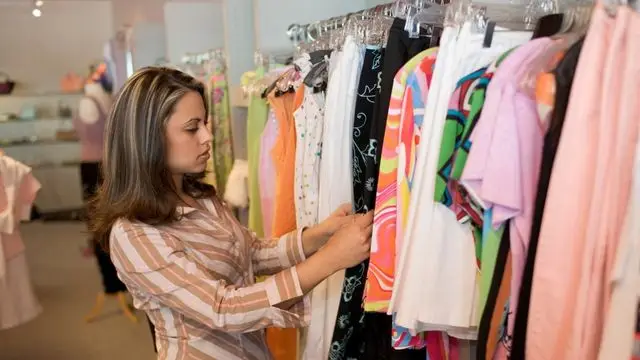The Australian economy is feeling the pinch, as is the rest of the world. Households will likely reduce discretionary spending as energy costs increase, food prices rise, and interest rates rise to their highest level in decades.
Australian Treasurer, Jim Chalmers, has outlined in the government’s October 2022 budget that rising inflation is slowing household consumption, slowing the nation’s economic growth.
Inflation may be bad news for retailers, but those who provide rental and resale services can benefit from the decline in discretionary spending. There is an increase in activity on resale platforms like Gumtree, eBay, and Facebook Marketplace despite the economic downturn. Second-hand buying and selling is becoming more popular due to necessity and environmental concerns.
What are the best ways to take advantage of this for your business?
Becoming more aware of how customers are changing
‘Circular economy’ value is estimated to be up 29 per cent year-on-year according to classifieds site Gumtree, which publishes an annual snapshot of the economy. From January to June of 2022 last year, Facebook Marketplace saw an increase of 72 per cent in second-hand listings in Australia.
Customer spending is still occurring but in a different format. By embracing this change, retail businesses can capitalize on that trend.
This is a trend that is catching on with big retailers.
Large retailers are beginning to participate in the pre-loved trend with their own trade-in businesses.
In a re-worn initiative, Assembly Label is collecting old clothes from customers to resell.
Assembly Label benefits from reselling these returned clothes to new customers, and customers receive 10 per cent off their next Assembly purchase.
In Melbourne, where the scheme was launched, customers have returned more than 700 items. The chain’s other Australian stores joined the program after all the items were resold within less than a month.
‘Worn Wear’ is Patagonia’s initiative that aims at extending the useful life of products. The company opened its first Australian store in 1994. By using a circular retail model, upcycled-down jackets won’t end up in landfills but will be resold instead. Vouchers are issued to customers for use in-store or online when they return items. Because of this, customers are more likely to return to their store since the offer is easily accessible.
Saving money isn’t the only benefit.
In order to stay competitive, retail businesses need to adapt to the current environment. Business owners who rethink their strategy and offer new channels for purchases will likely experience further growth in the future, despite rising inflation and a drop in consumer spending.
It is interesting to note that consumers aren’t just focused on spending. Environmental, social, and governance (ESG) goals are also being linked to brands that embrace the second-hand economy. With the rise in retail resale services, brands with this philosophy at their core will benefit not only the planet but also consumers’ wallets.
Hire vs buy: what’s better?
The rise of ‘Designer Rental’ retailers is one of the ways companies can profit from price-conscious consumers. Customers can rent clothes or footwear for one-off events through these businesses, which typically operate online, like GlamCorner, one of Australia’s leading fashion rental businesses.
For special occasions like weddings, office events, and clothing shoots, these services are popular with Gen-Z consumers who are environmentally conscious and money conscious.
In light of a projected reduction in consumer spending, retailers must keep pace with the rise of the rental and resale model. Adapting to permanent changes in consumer behaviour and re-inventing organizational models as new opportunities arise are challenges for retailers everywhere.
If you would like assistance with your business, please contact us to arrange a free consultation.





